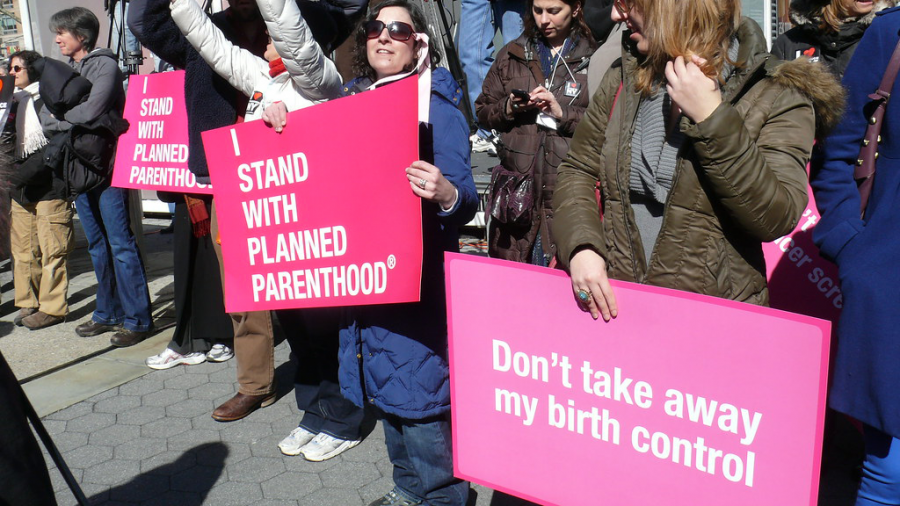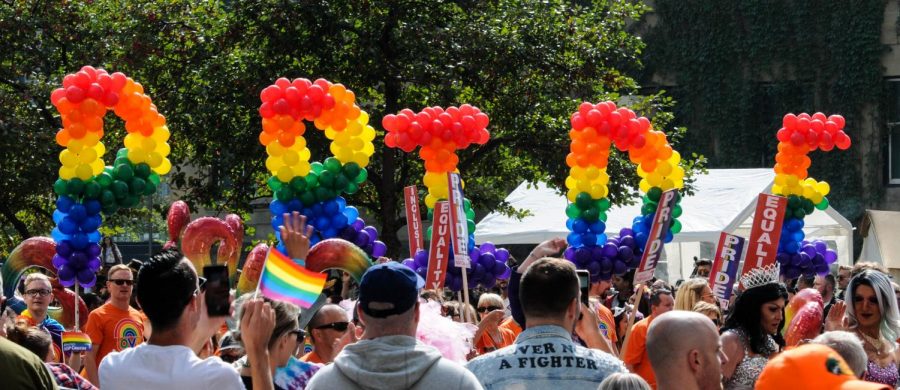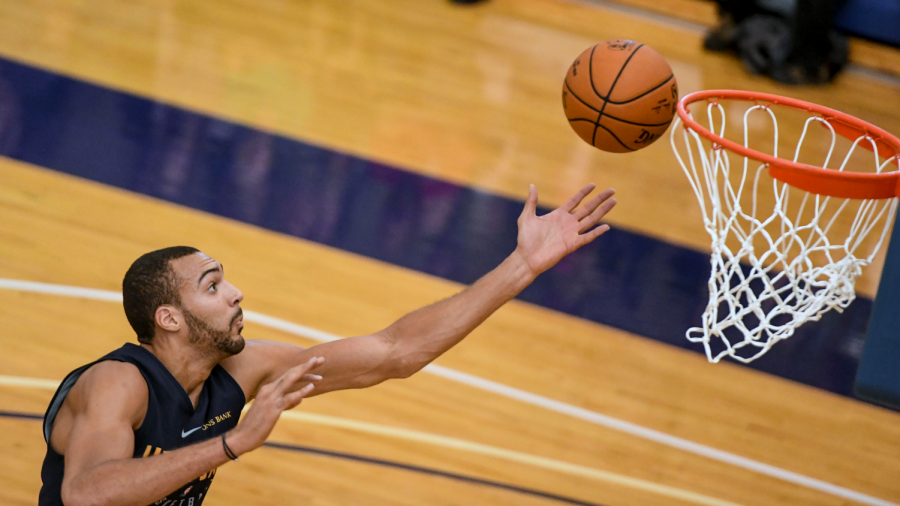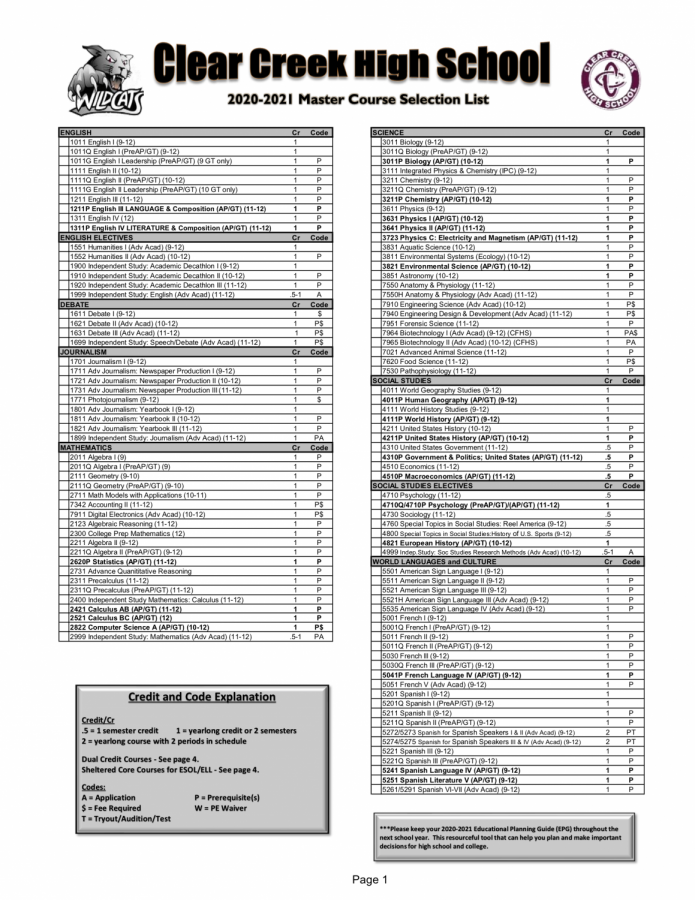Mattel releases diverse Barbie for 21st Century children
February 8, 2018
In collaboration with YouTuber Aimee Song, a fashion and interior design blogger, the Barbie Instagram page released a post of Barbie and a doll designed to look like Song, both in ‘Love Wins’ T-Shirts to promote the limited quantity of shirts Song is releasing for purchase. Song originally released the Love Wins T-shirts for the month of June to celebrate the second anniversary of same-sex marriage in the United States. By partnering with Barbie, Song was able to bring back her Love Wins T-shirt, with 50 percent of the proceeds going toward The Trevor Project, a suicide prevention organization for the LGBTQ community for the month of December. Prior to the new ‘Love Wins’ Barbie, Mattel had not released anything that acknowledges that they support same-sex marriage, or anything that celebrated it.
“I am beyond excited to have my very own Barbie and even more thrilled to have her wear my ‘Love Wins T-Shirt’. I never imagined in a million years that I would partner with Barbie, but I am so grateful to have gotten the opportunity. You guys know that I’ve been so vocal about supporting diversity, kindness and acceptance, and I’m happy that Barbie has too,” Aimee Song, fashion blogger, said on her website.
Recently toy company and creator of Barbie, Mattel, has been focusing on releasing more diverse dolls. In 2016, Mattel released a range of Barbies with diverse hair, faces, and body types. Children could also pick from tall, curvy, or petite Barbies as well. Their line of Barbies released earlier this year were called Sheroes, which honored inspiring women in our world today. The line included dolls of Ava DuVernay, Emmy Rossum, Eva Chen, Kristin Chenoweth, Sydney “Mayhem” Keiser, and Trisha Yearwood. Dolls of Gabby Douglas, Ashley Graham, and Misty Copeland. In November, it was also announced that Olympic fencer Ibtihaj Muhammad, first woman to compete wearing a hijab, would be receiving her own doll as too. Muhammad mentioned she would sew headscarves for her own Barbies when she was younger, and was ecstatic when she found out a doll honoring her would be released to the public in 2018.
“You embrace what makes you different, what makes you stand out. And that’s what Mattel wants—they want women who are championing their differences,” Ashley Graham, model and advocate for body acceptance, said at the Glamour Women of the Year Summit 2017.
Graham had her own Barbie doll released last year at the 2016 Glamour Women of the Year Summit, and returned this year to support Muhammad.
When asked about the collaboration with Song’s ‘Love Wins’ Barbie, Mattel responded saying that “[Barbie is an] inclusive brand that celebrates diversity, kindness and acceptance”.
















